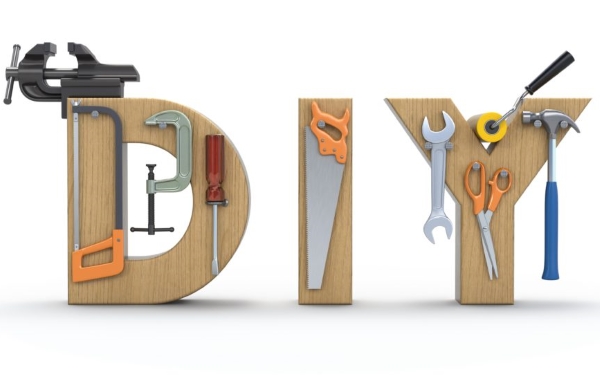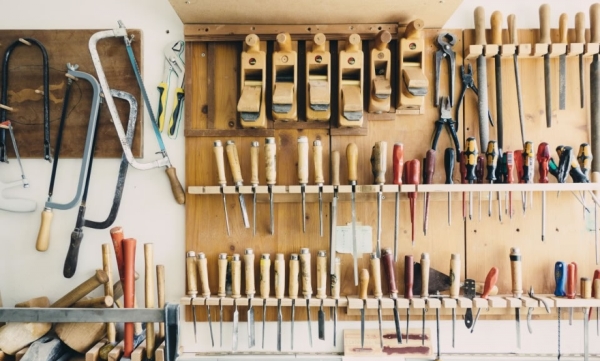In these difficult times for landlords of BTL properties, it’s tempting to do your own maintenance. But sometimes these are beset with legal pitfalls that you should never risk. Some of these have legal safety requirements such as certifications. Others are simply a case of making sure you hire somebody who knows that they are doing when you don’t.

Know Your Building Regulations
With any building work, whether you are able (legally and technically) to carry it out yourself or hiring construction professionals to do it for you, it’s important that you know the provisions of the 2010 Building Regulations. It covers construction and renovation, including extensions, and anything related to safety that might be incorporated within that. Before you carry out any major work, ensure that the task does not require a licensed operative to carry it out.
Know Your HHSRS
Housing Health & Safety Rating System, also known as HHSRS, is a set of 29 standards on household hazards that apply to all rented property. It is a framework for allowing local authorities to identify problems and risks to protect tenants against health and life-threatening hazards. It came into effect in 2004 and though aimed at housing enforcement, it is important for property owners to understand its provisions.
Use a Gas Safety Registered Technician
CORGI expired in 2009. That was replaced with the Gas Safety Register and consists of a list of gas engineers who are officially licensed (and legally) to perform maintenance on gas appliances in homes and commercial premises. Even if you know what the problem is, even if you know what needs doing, if you are not on the list then you should not be carrying out gas appliance maintenance yourself. Gas safety registration applies to:
- Gas boilers and water storage
- Gas stoves and ovens
- Central heating, fires, and storage heaters
- Gas-based underfloor heating

Use a Registered Electrician
Another area where you might be tempted to do it yourself is in electrical systems of your student HMO. However, electrical installation checks and other maintenance should not be done by you unless you are officially experienced or skill to do so. You are required to carry out such checks every five years. In Scotland hiring a registered electrician is a legal obligation. In England and Wales, it is not a requirement but all work is required to abide by Part P of the Building Regulations. This determines the technical requirements carried out as part of the changes and how the electrician should demonstrate competency.
- Electrical heating and water storage systems
- Electrical ovens
- Storage heaters and electrical fires
- Any other major electrical appliance